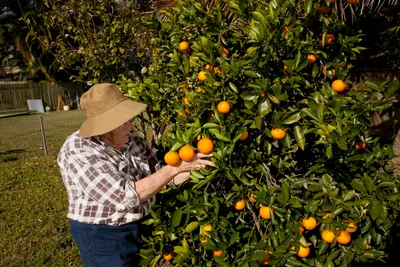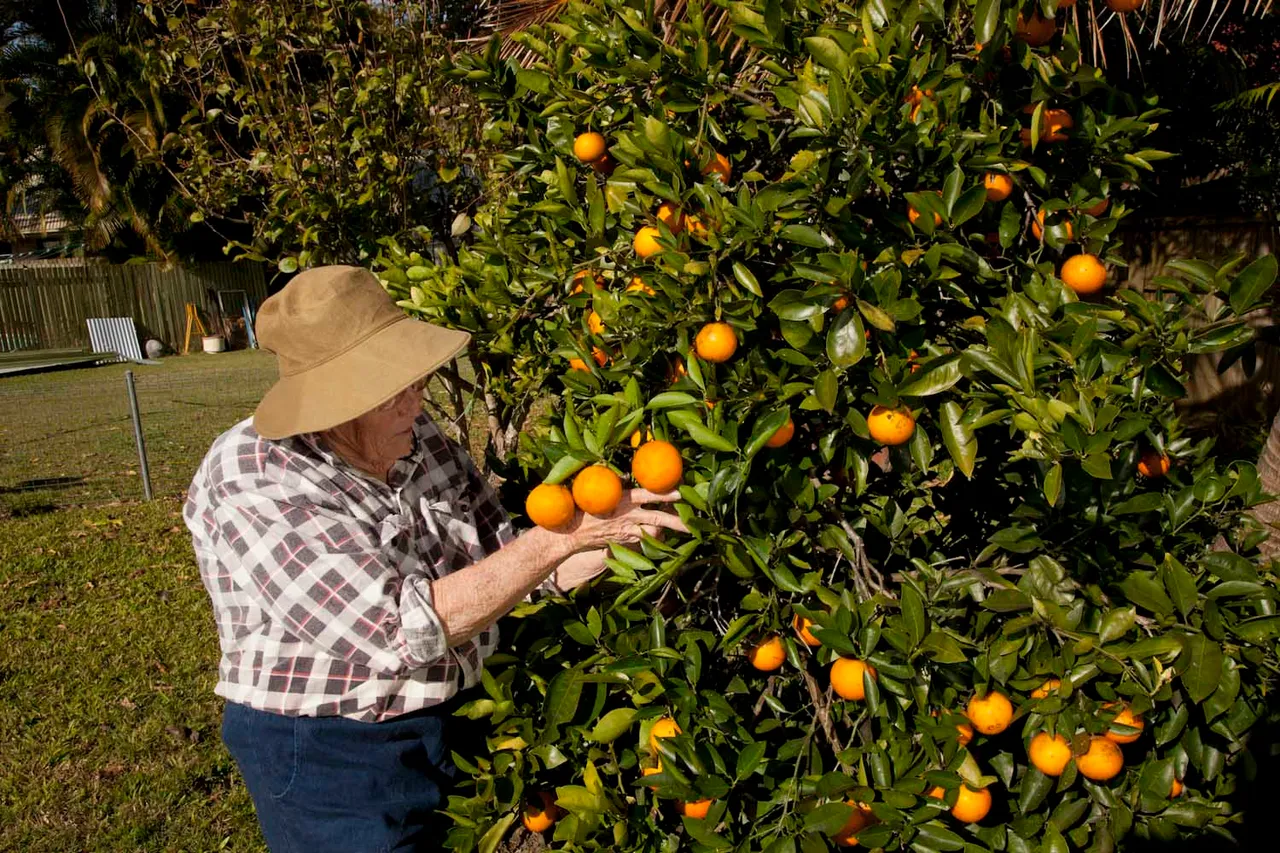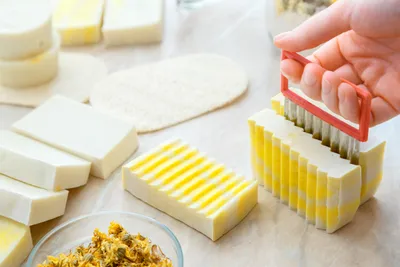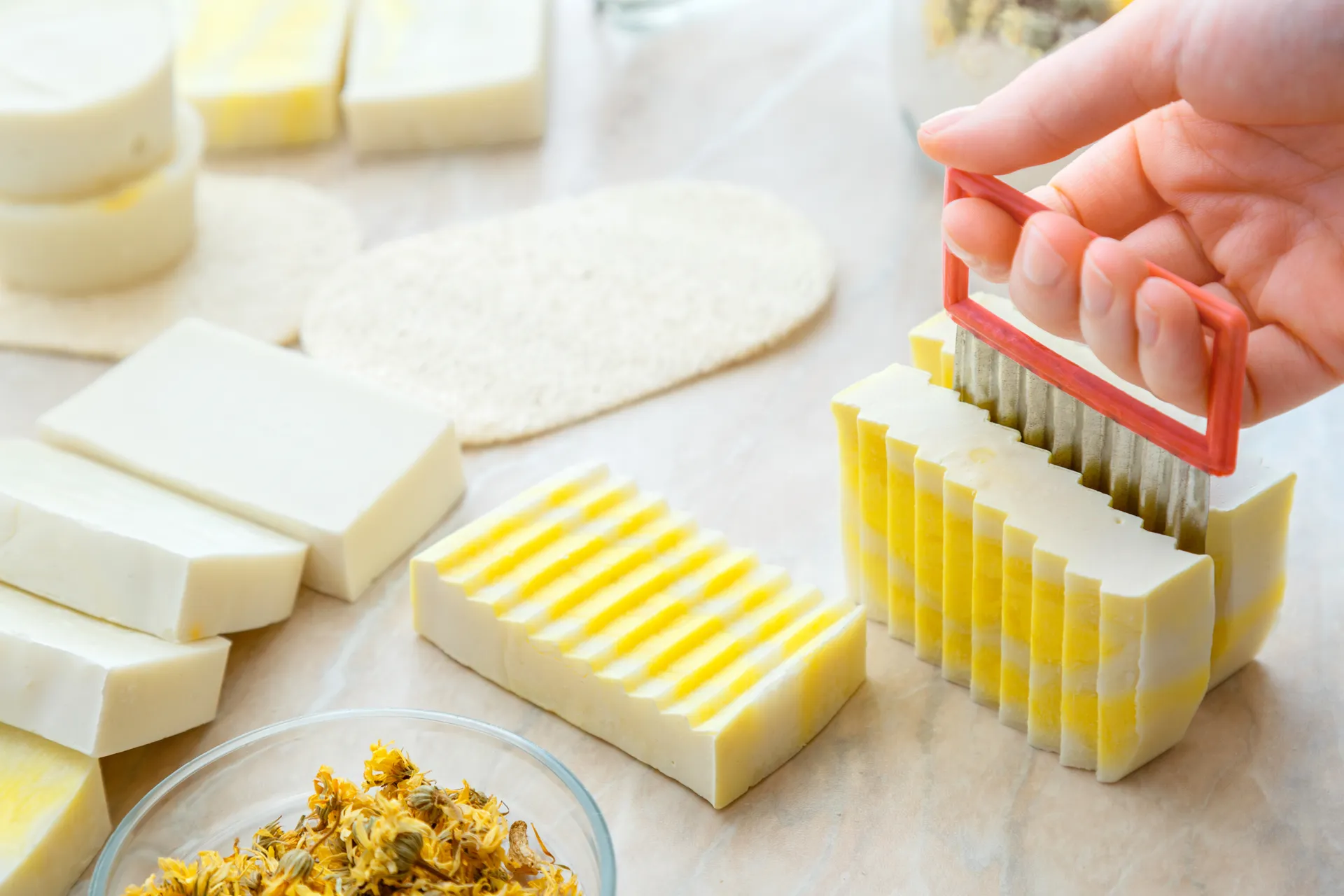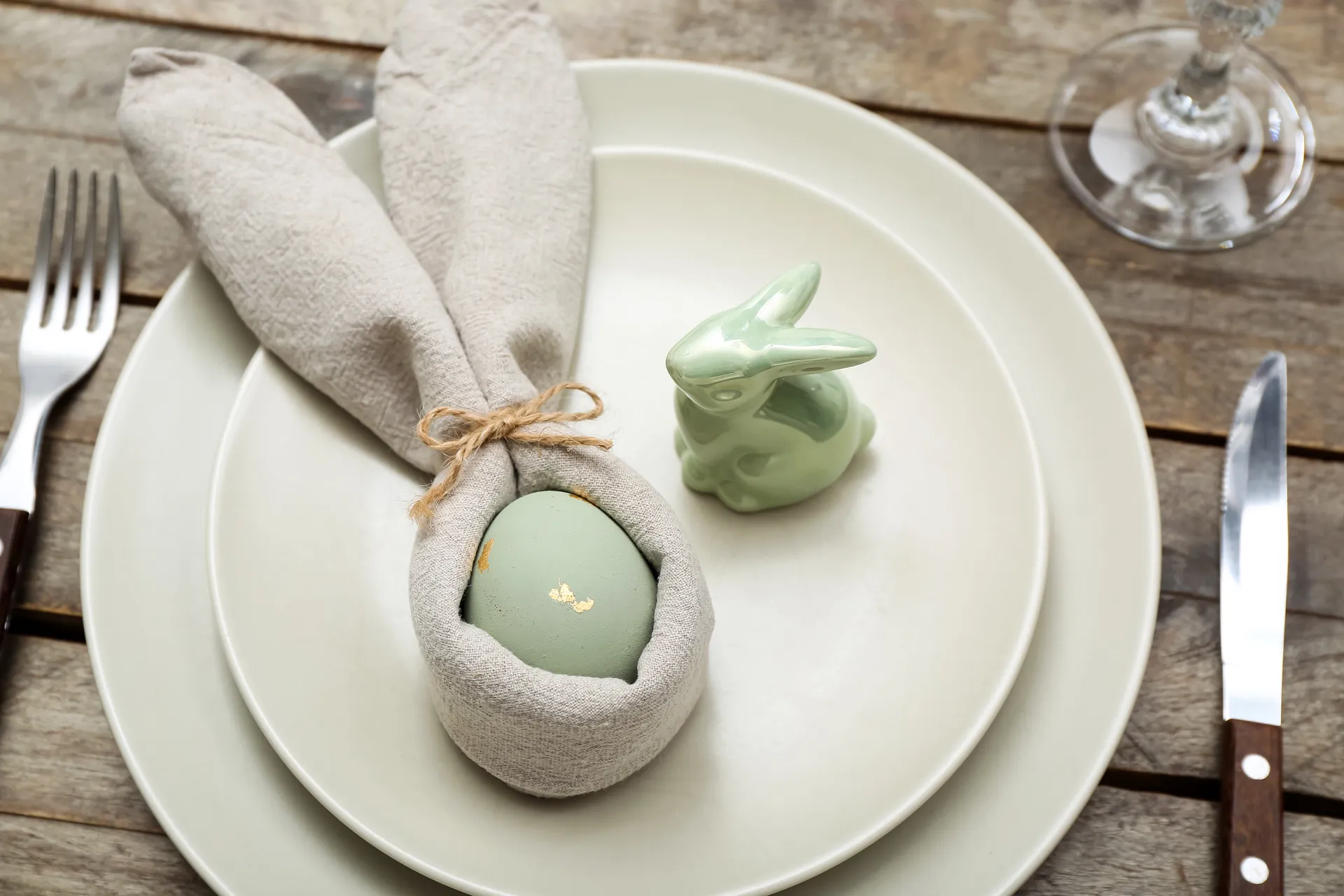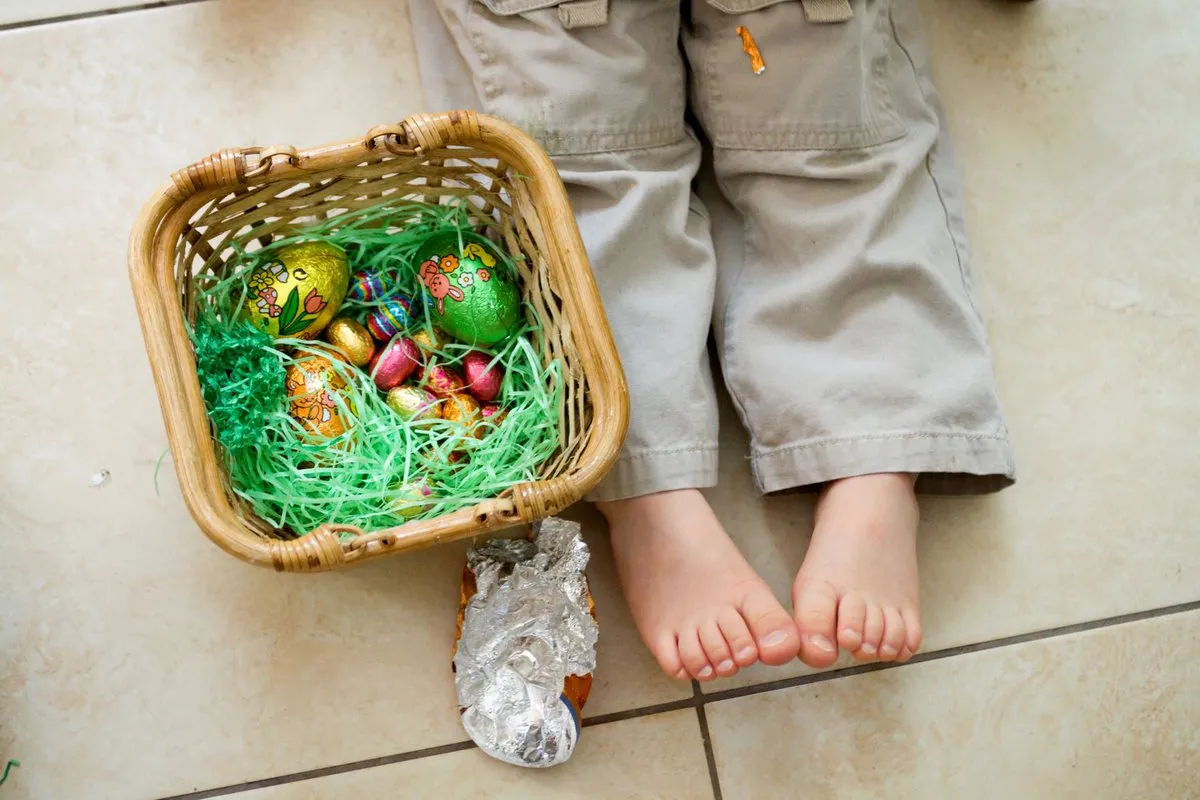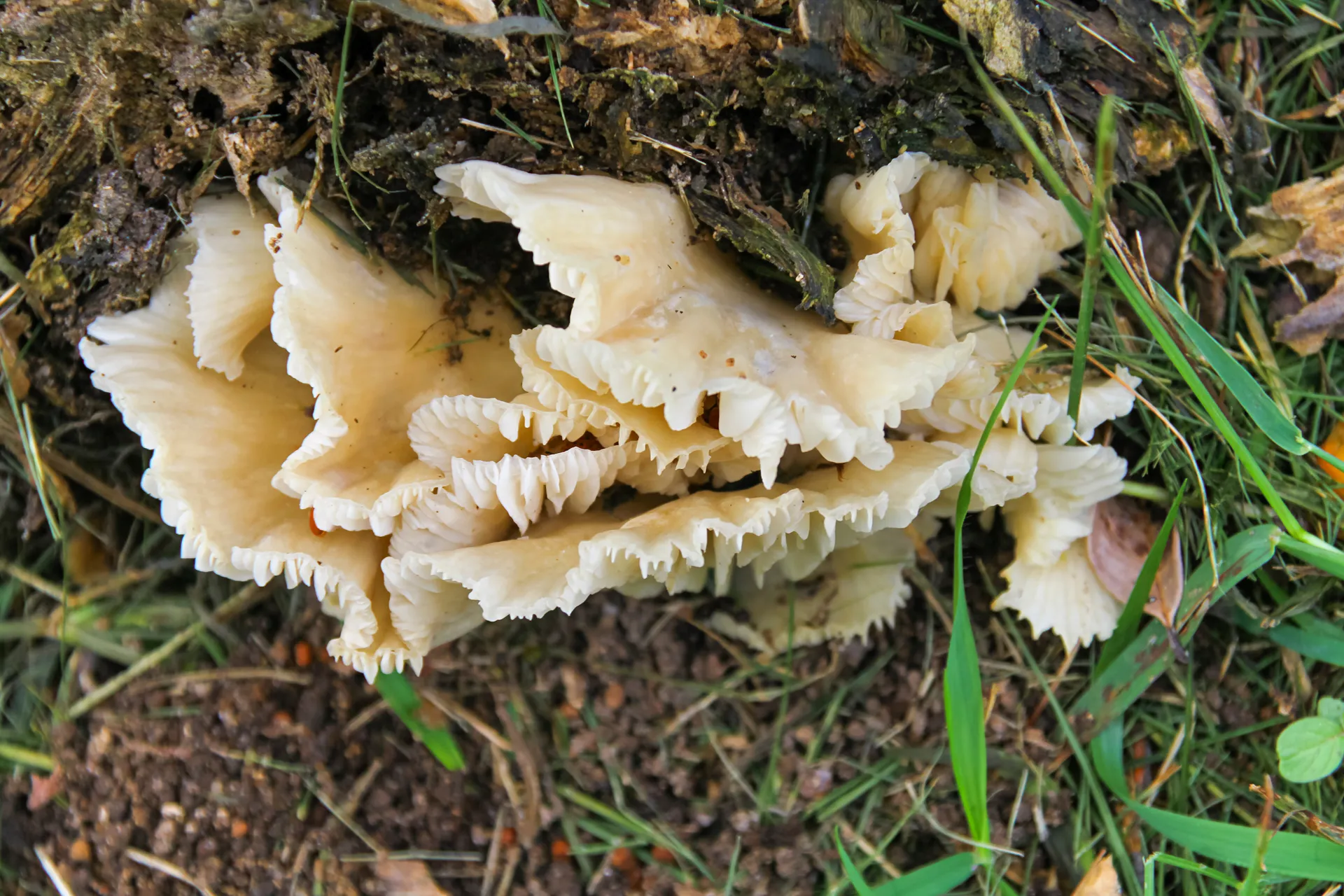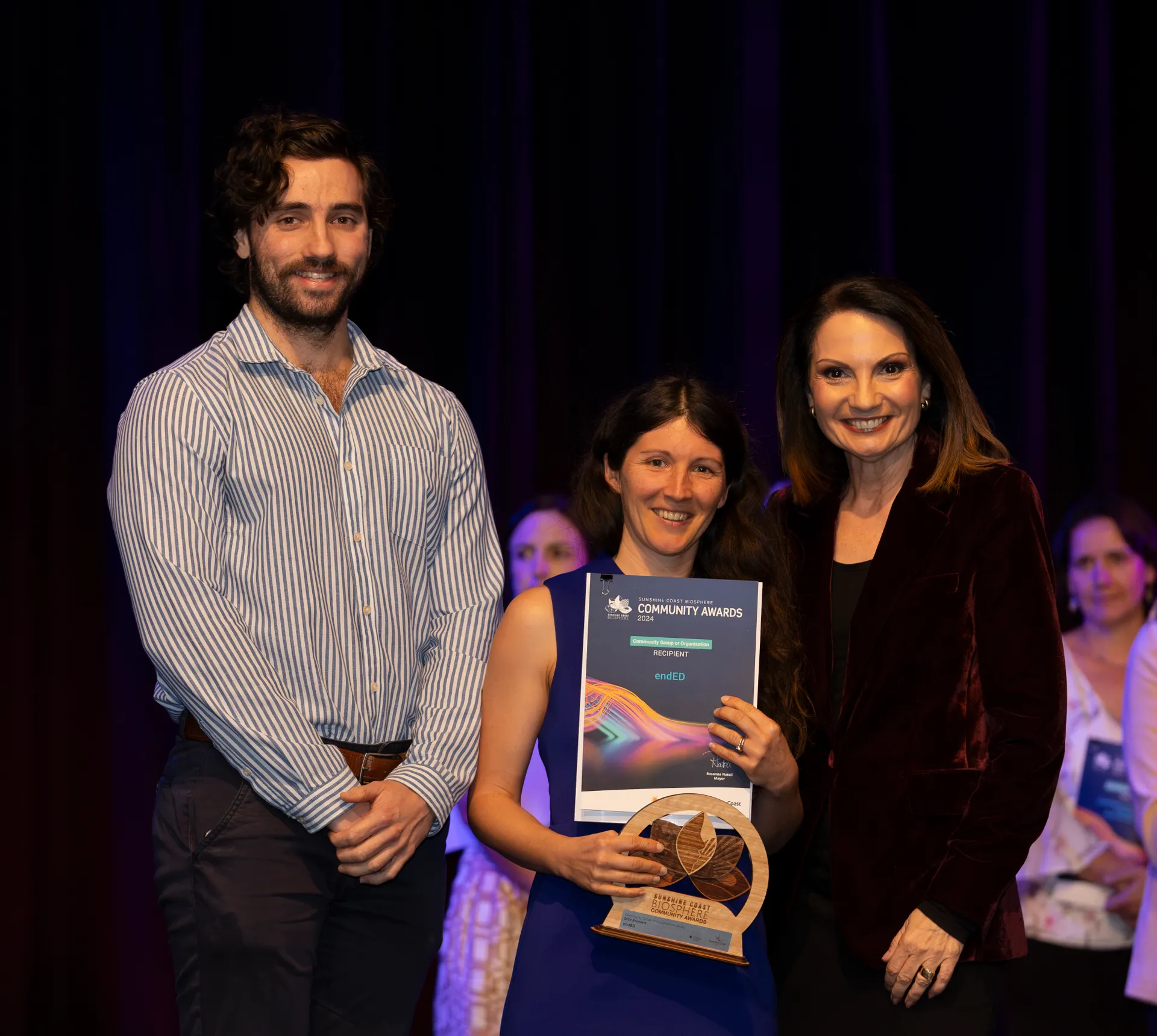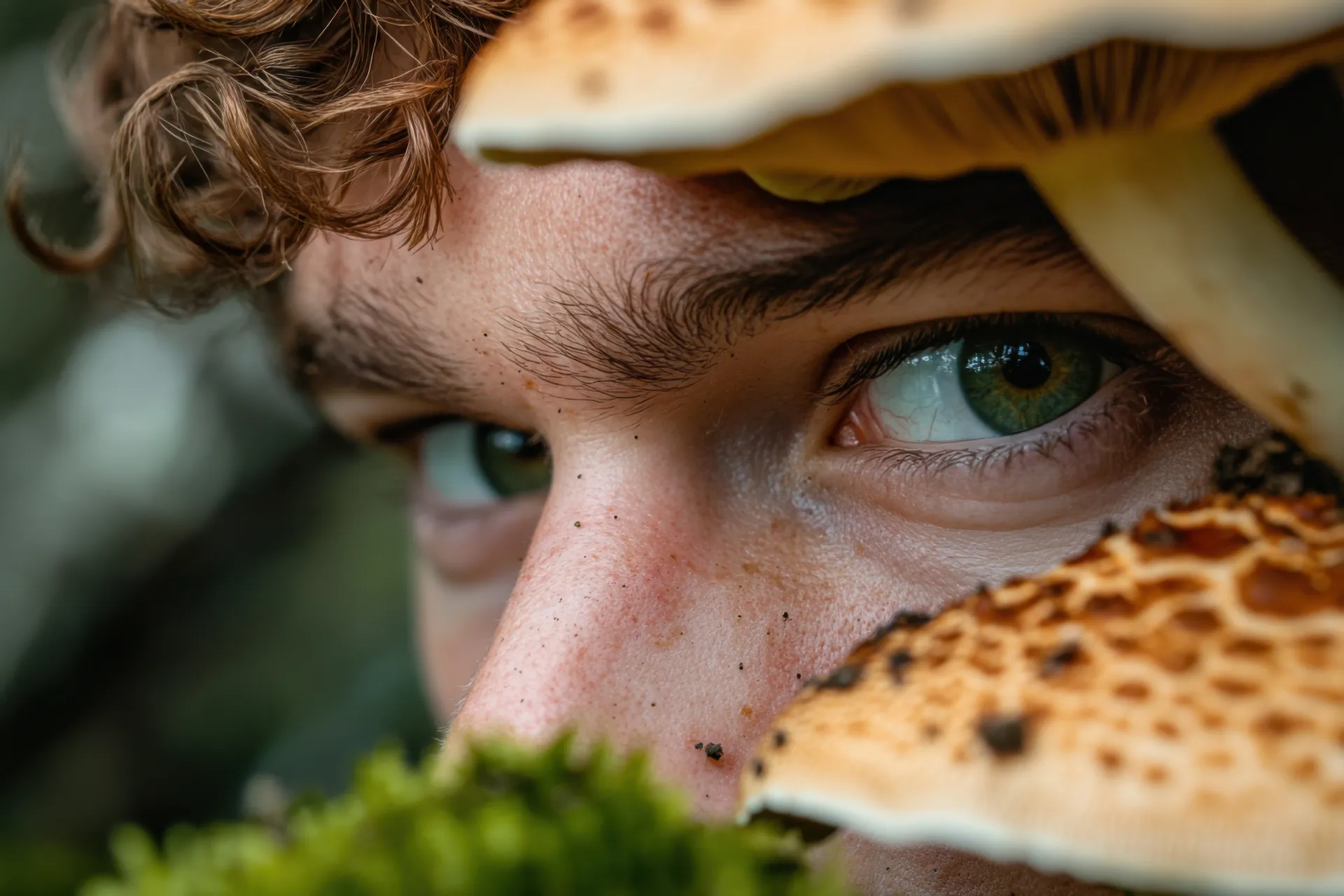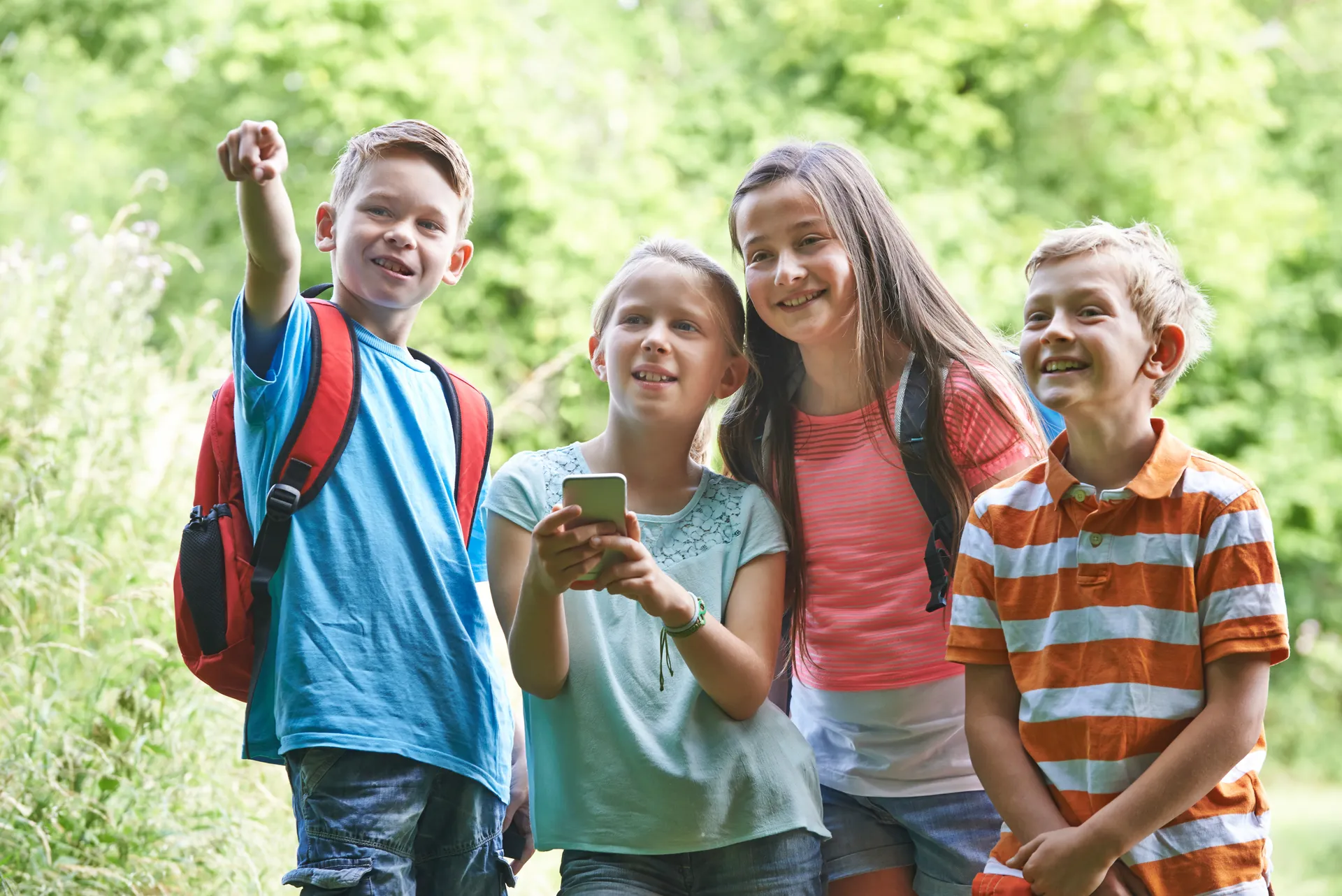Atomic habits and plastic free July
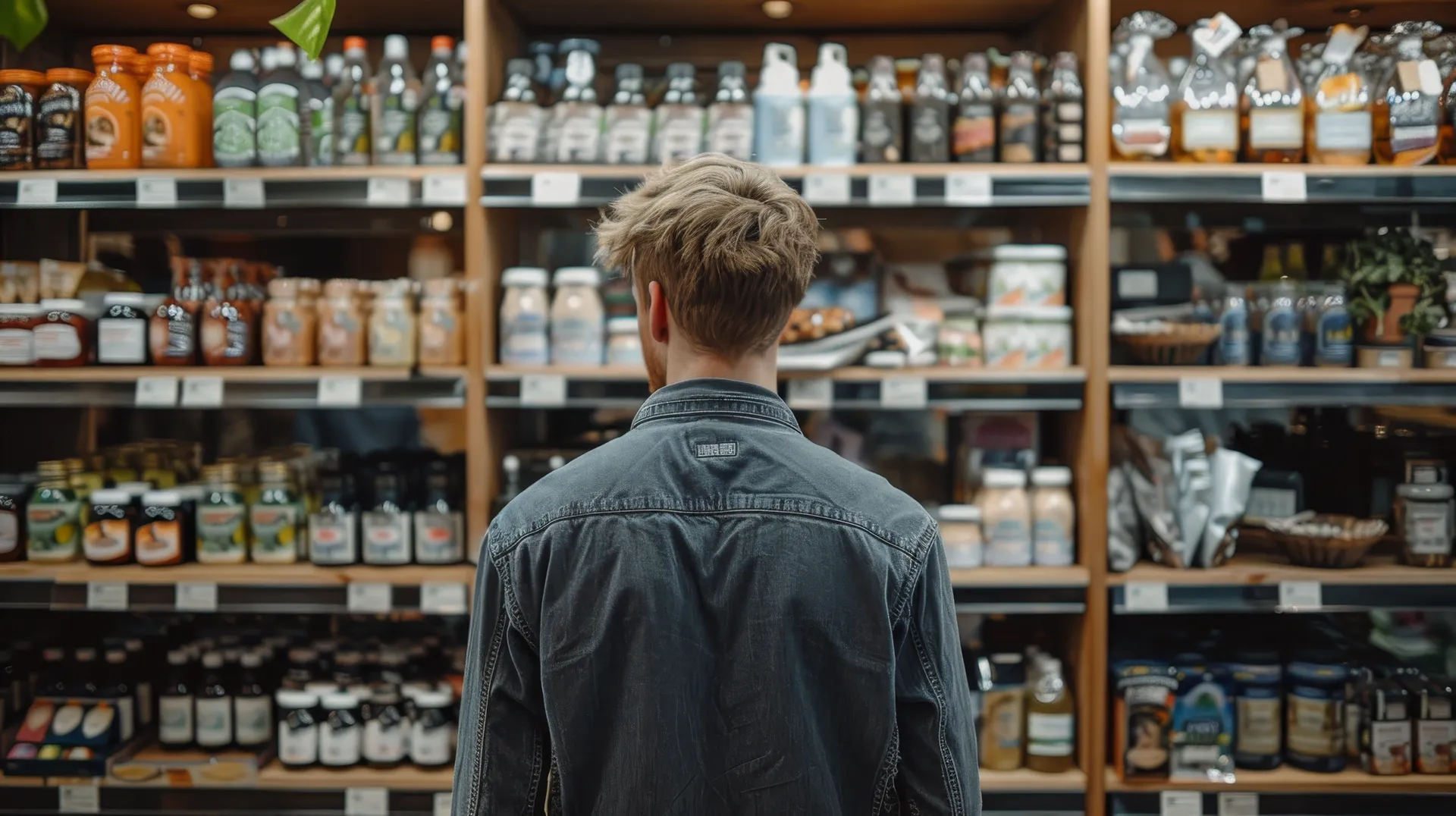
At home, in the office, out and about, try these tips for reducing your reliance on plastic and form your own atomic habits.
In his life-changing book 'Atomic Habits', James Clear notes that when we repeat a behavior many times it becomes a habit and happens automatically.
He says that tiny changes, consistently applied, can lead to significant long-term results.
That's great news for going plastic free and reassuring that simple acts like switching products or remembering your produce bags really will make an impact.
Sunshine Coast Libraries have multiple copies and formats of Atomic Habits. Library members can borrow and choose to read or listen to the bestselling book.
This plastic free July, take a leaf from James Clear's book (literally) and make small, repeated commitments that over time will compound to make a big difference.
Quick tips for reducing plastic wherever you are
In the Garden
- use compostable or reusable plant pots instead of plastic ones
- avoid buying plants wrapped in plastic - opt for loose ones
- start a compost bin for organic waste instead of using plastic bags
- reuse plastic containers as planters for herbs or small flowers.
In the Bathroom
- switch to bar soap instead of liquid soap in plastic bottles
- choose shampoo and conditioner bars to eliminate plastic bottles
- use bamboo toothbrushes instead of plastic ones
- purchase personal care items in bulk to reduce packaging waste.
At the Supermarket
- bring your own reusable bags for groceries
- choose products with minimal packaging or in recyclable materials
- say no to single-use plastic produce bags
- opt for loose fruits and vegetables over pre-packaged ones.
In the Kitchen
- store food in glass containers instead of plastic ones
- use beeswax wraps or reusable silicone bags instead of plastic wrap
- avoid buying water in plastic bottles; use a filter and reusable bottle
- buy in bulk and store items in reusable containers.
It’s estimated that Australian households spend between $2,000 and $2,500 per year on food that is wasted.
The Love Food Hate Waste Challenge is on until 5 August. Sign up to start learning and saving.
Out and About
- carry a reusable water bottle and coffee cup
- say no to plastic straws and bring your own reusable one
- pack snacks in reusable containers instead of single-use plastic bags
- choose products with minimal packaging when on the go.
At the Office
- use a refillable pen instead of disposable plastic ones
- print double-sided to reduce paper and plastic waste
- bring your lunch in a reusable container instead of plastic wrap
- recycle any plastic items that cannot be avoided.
